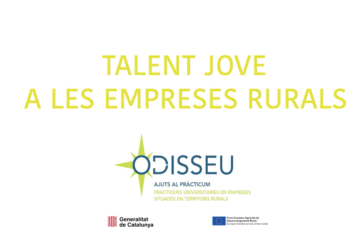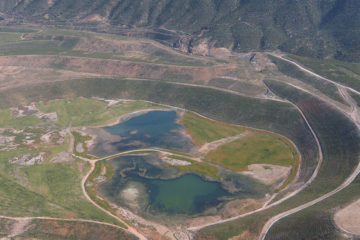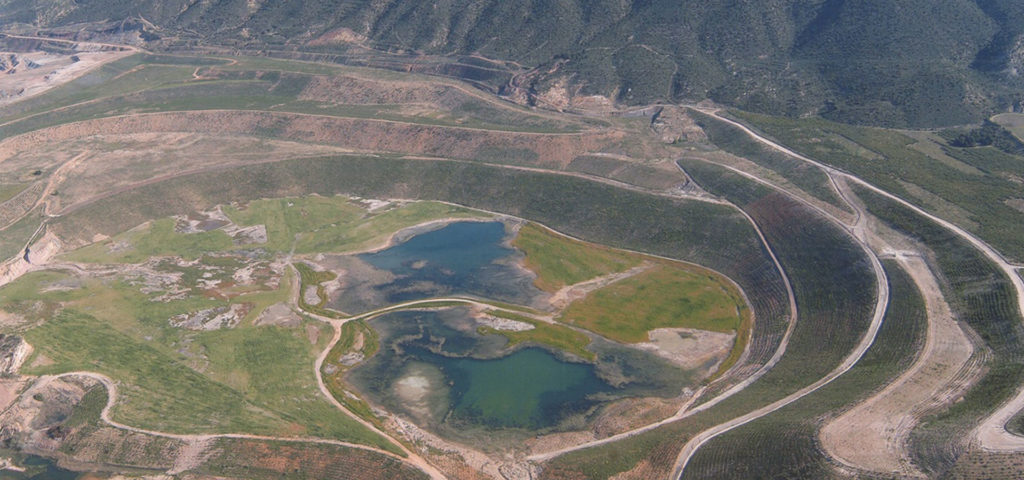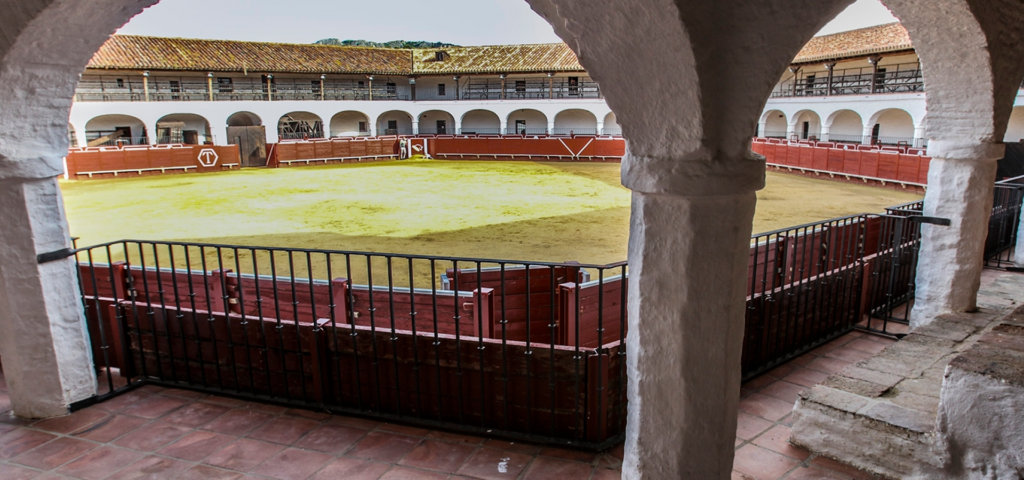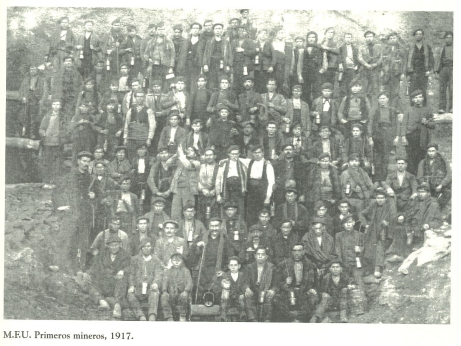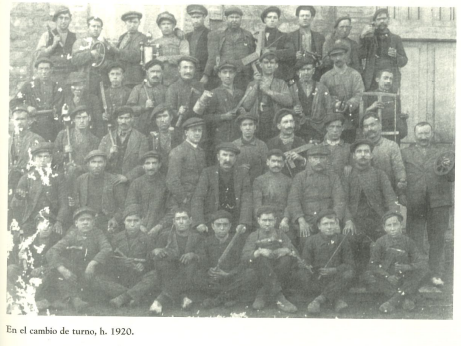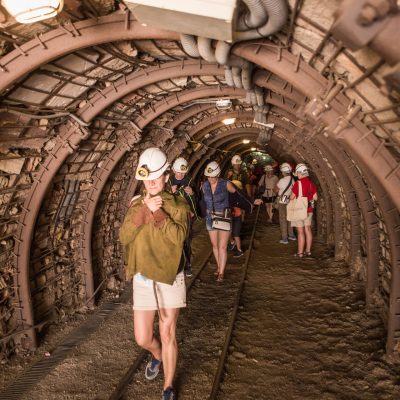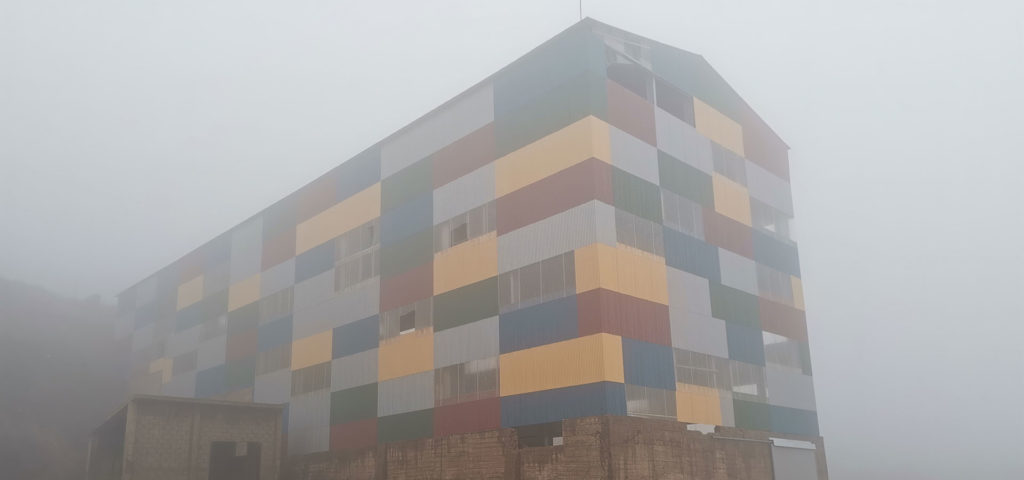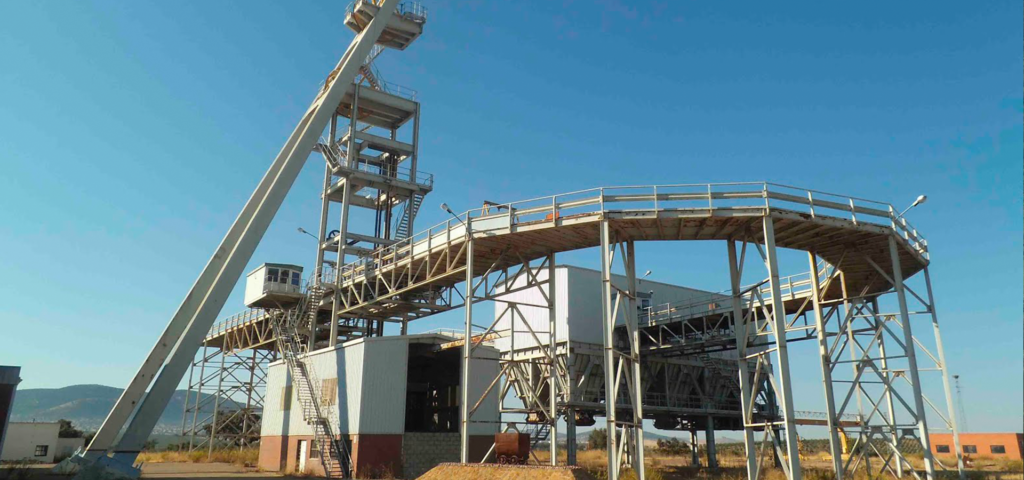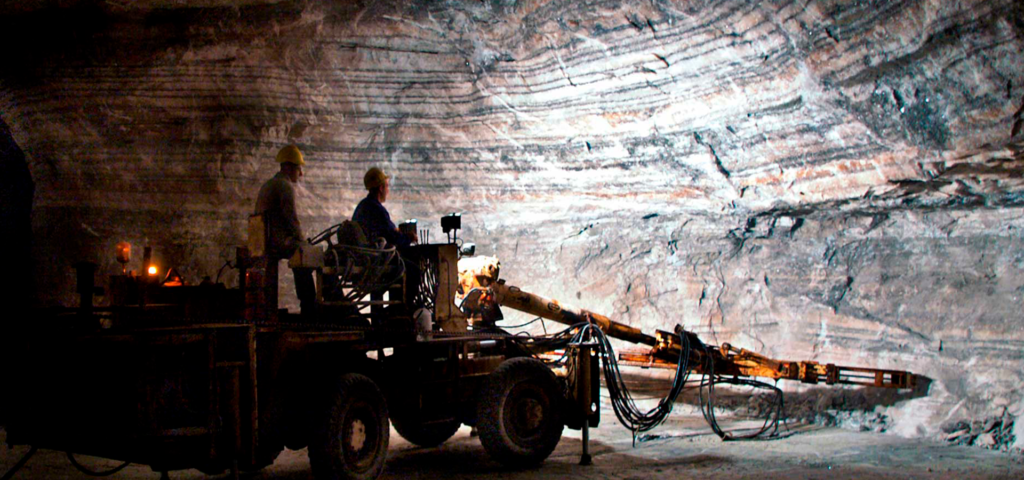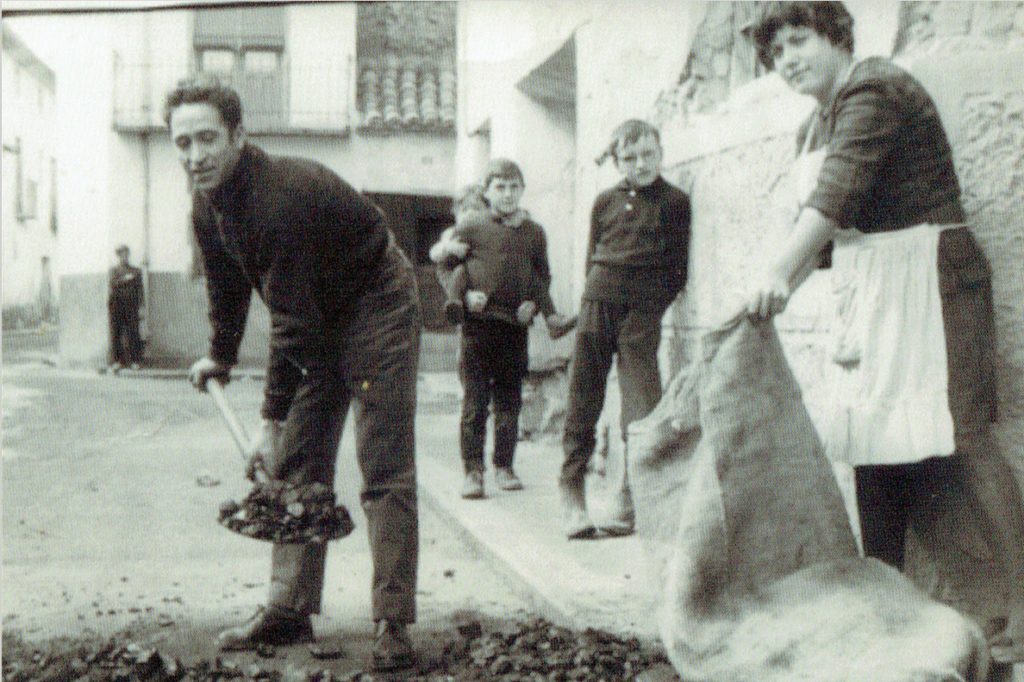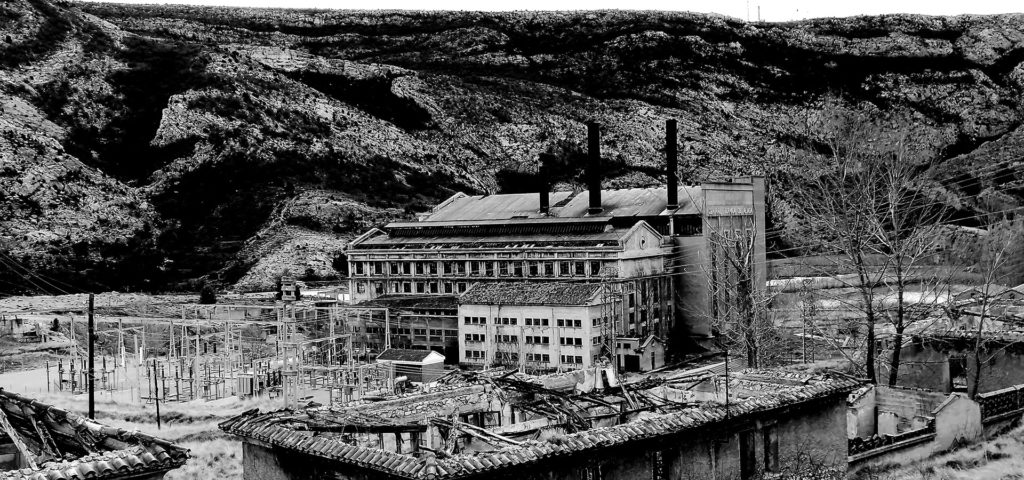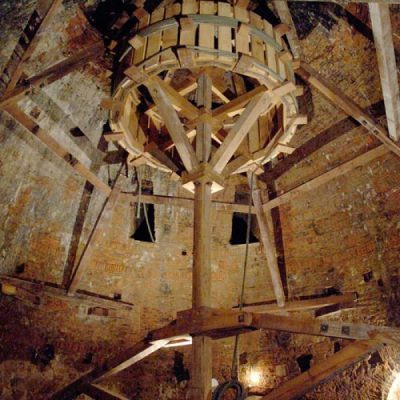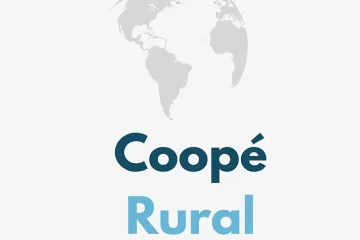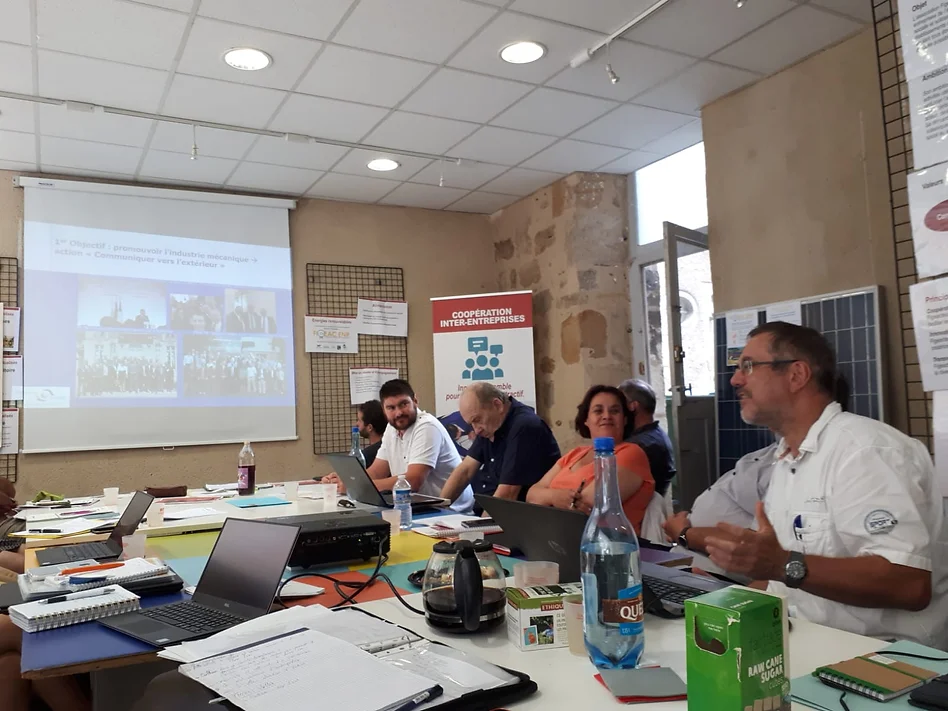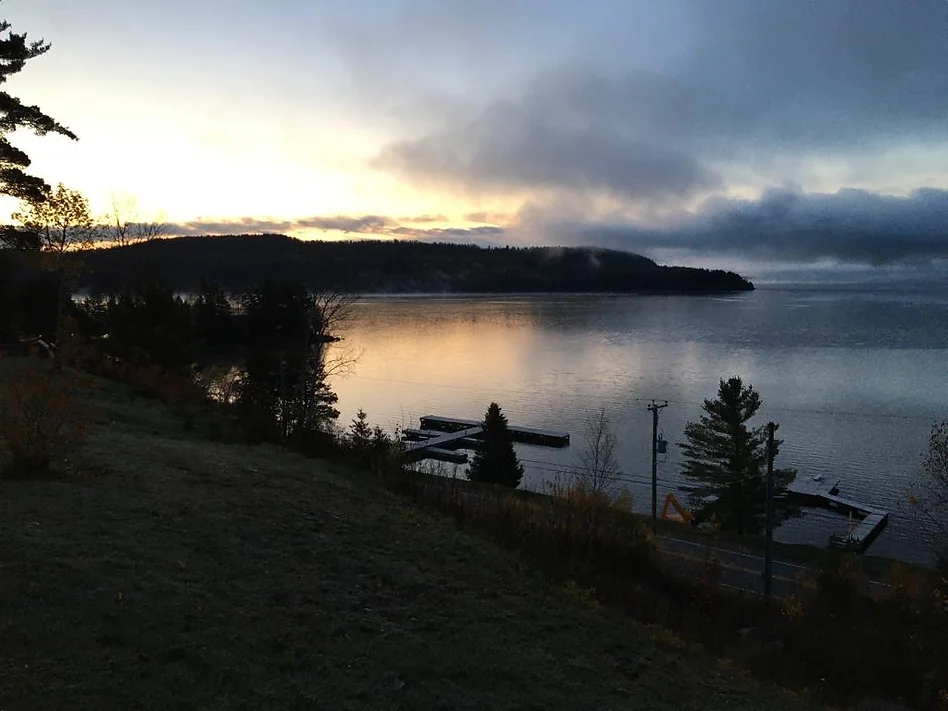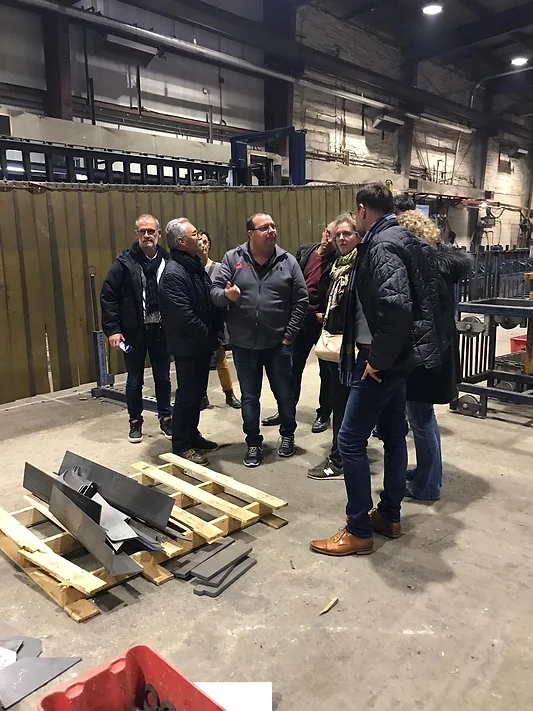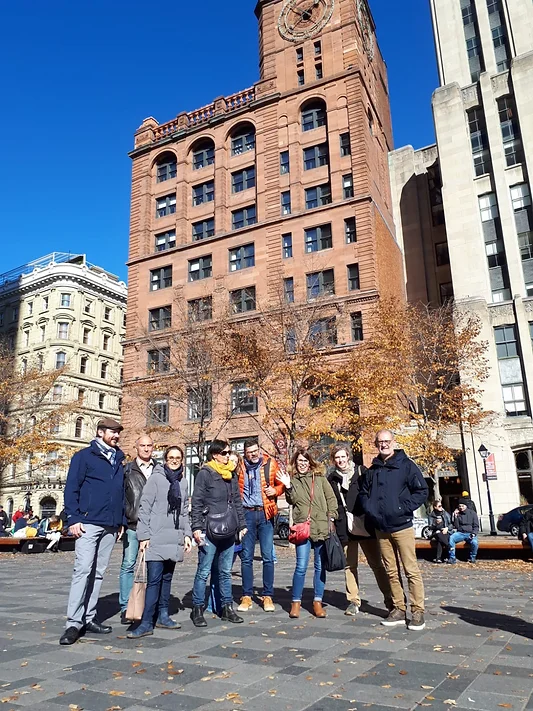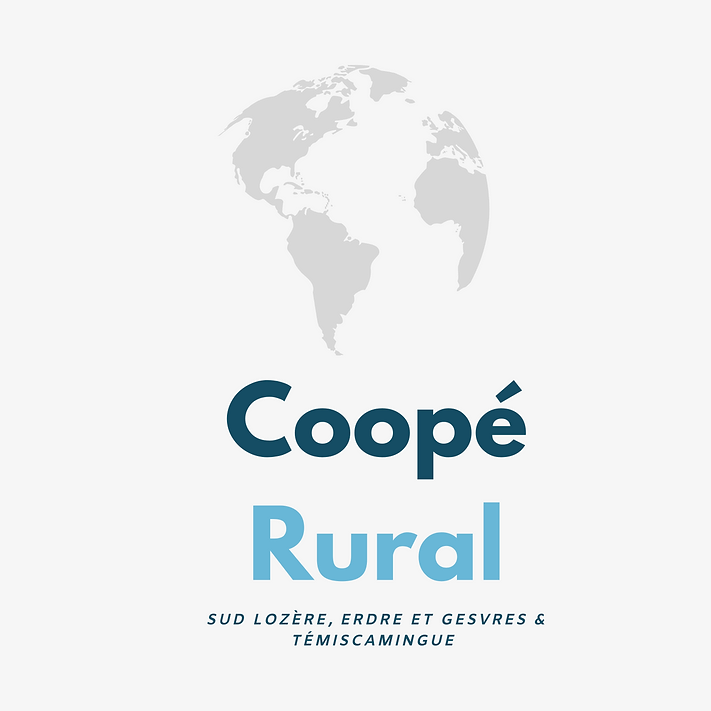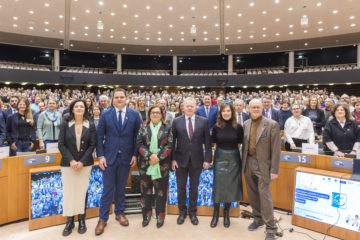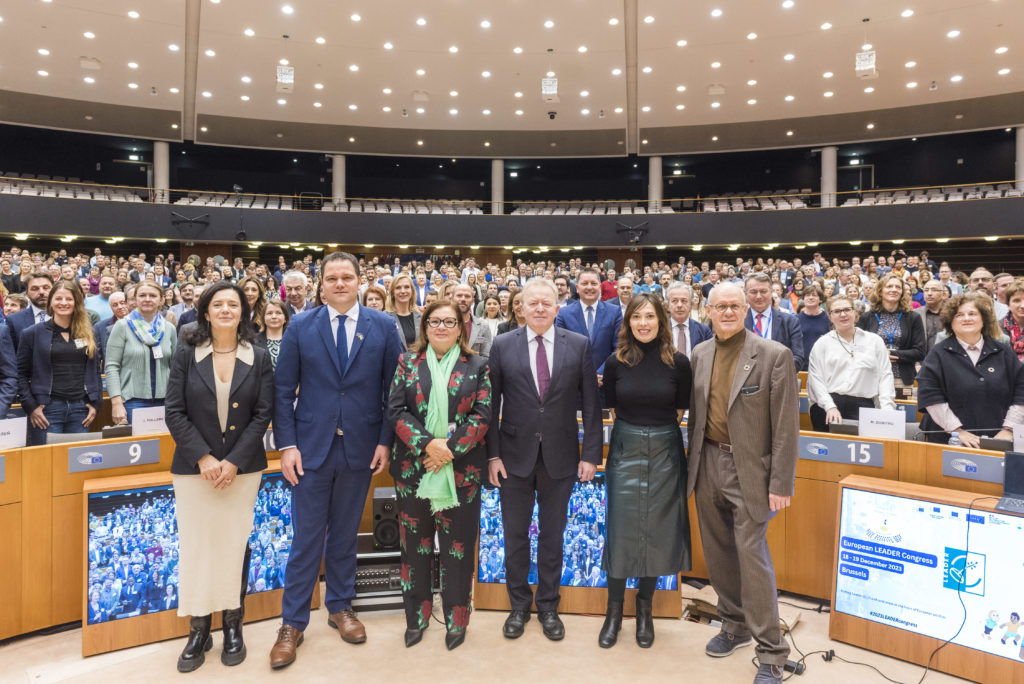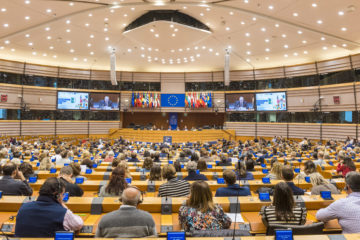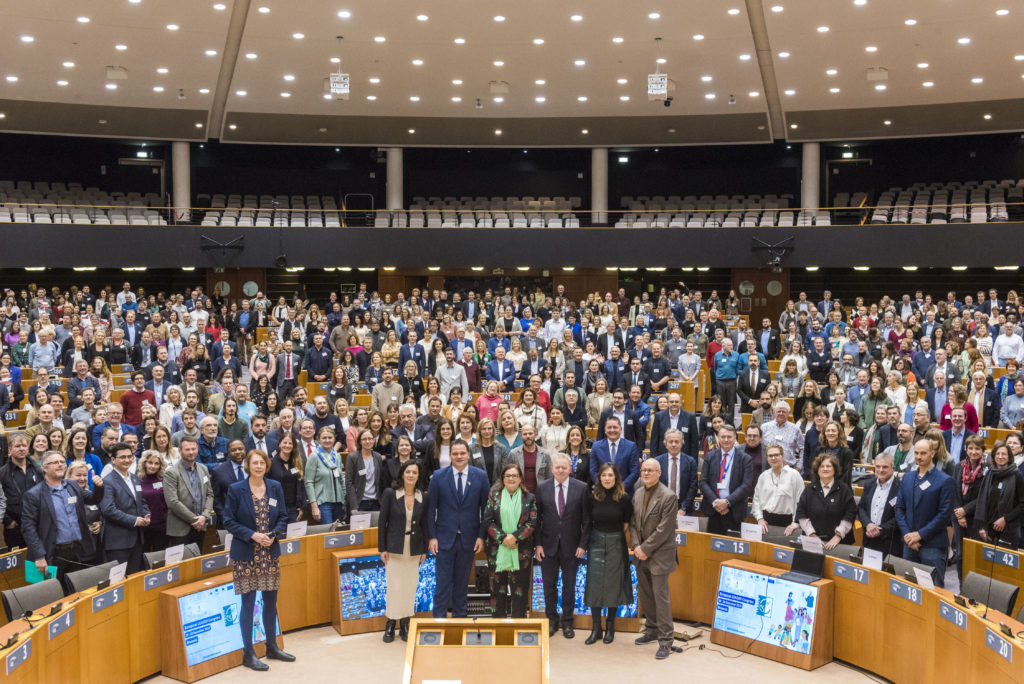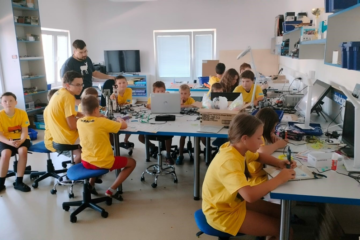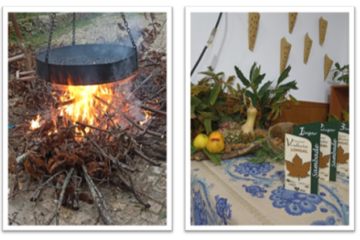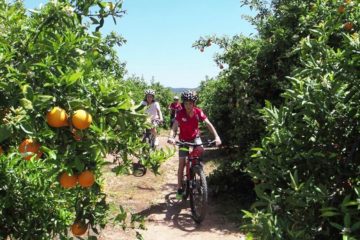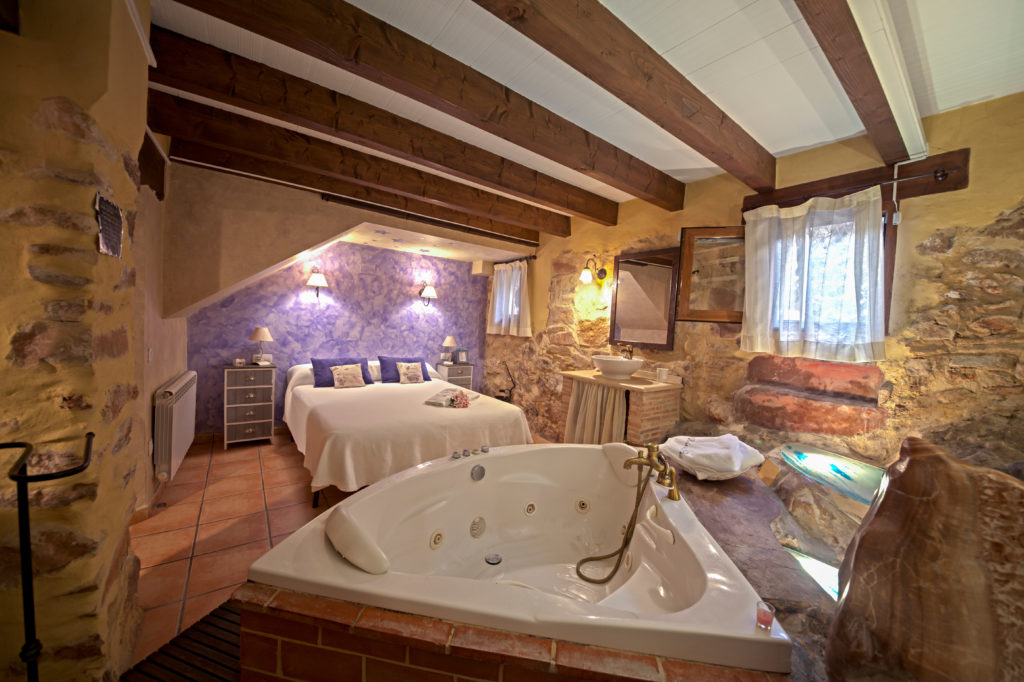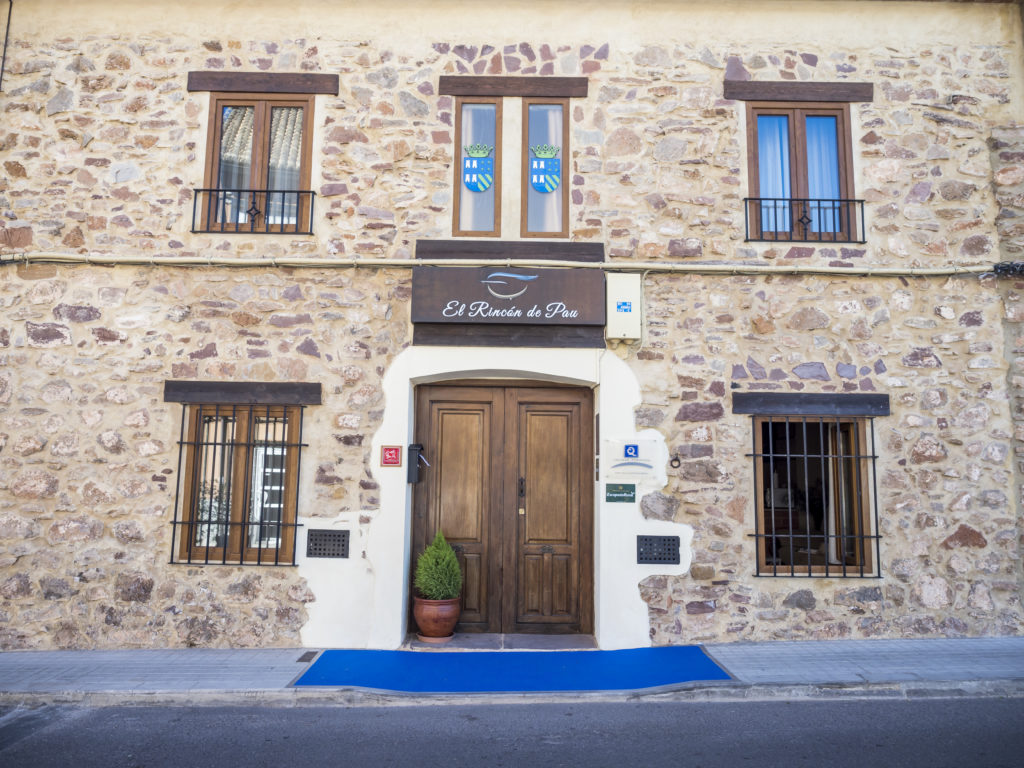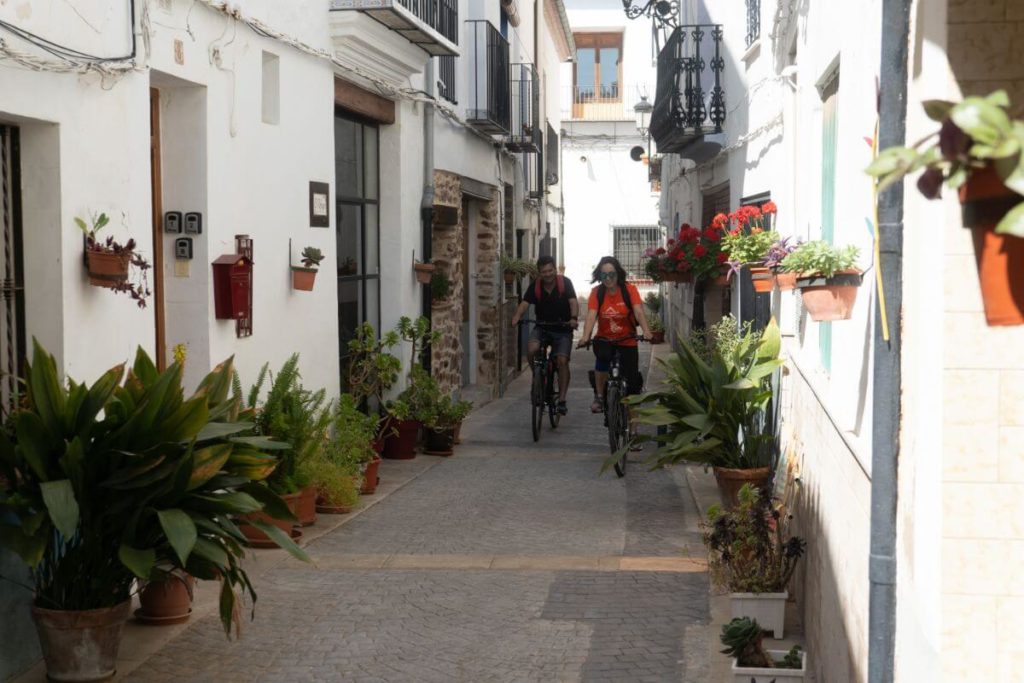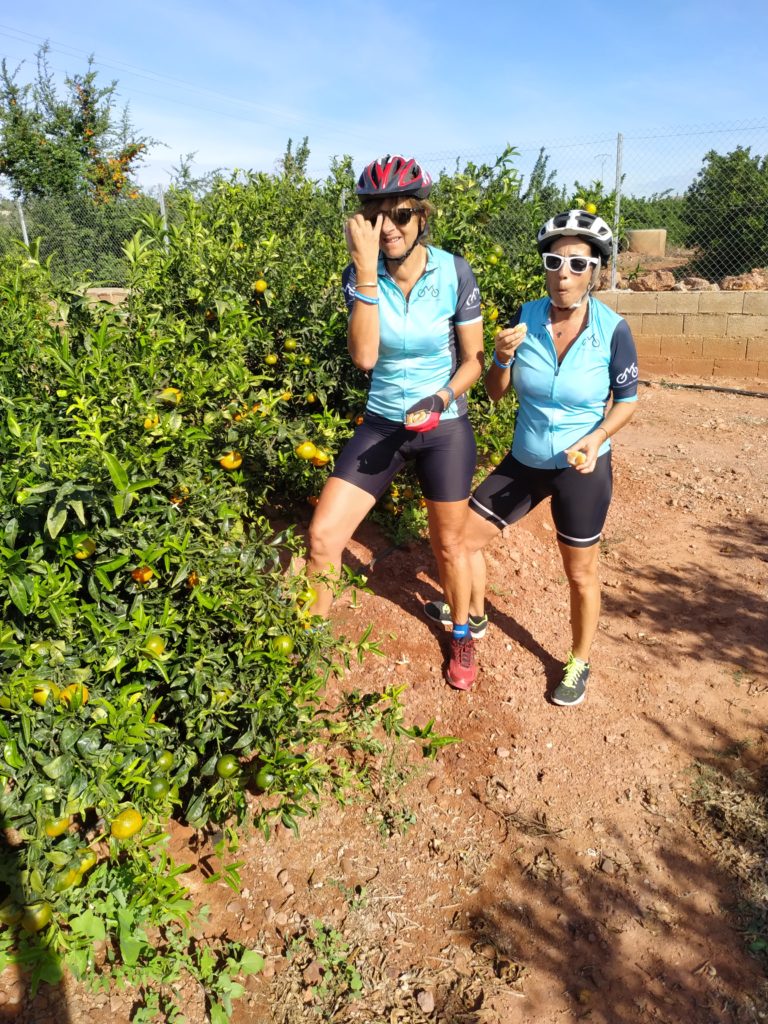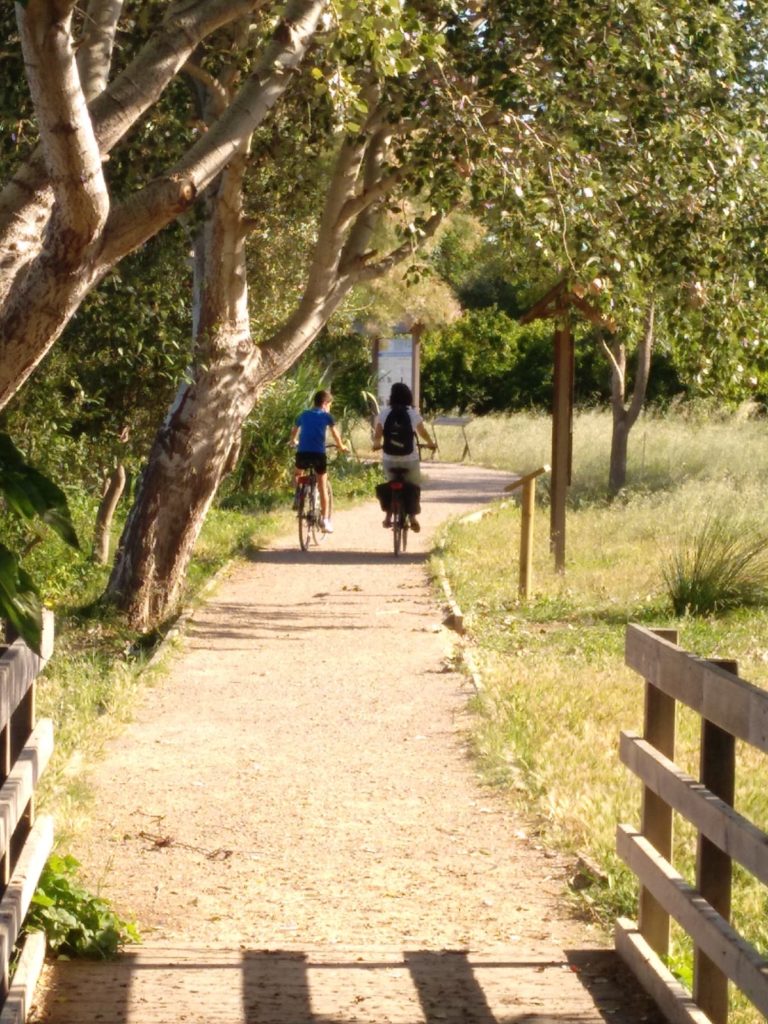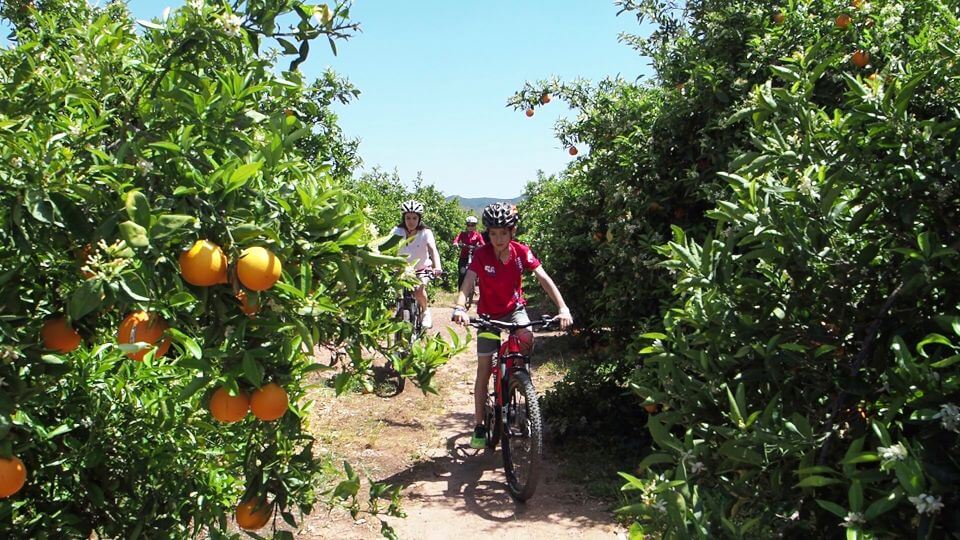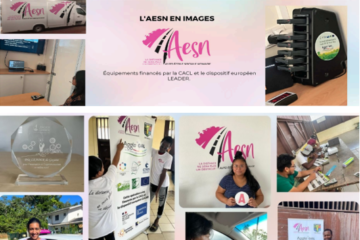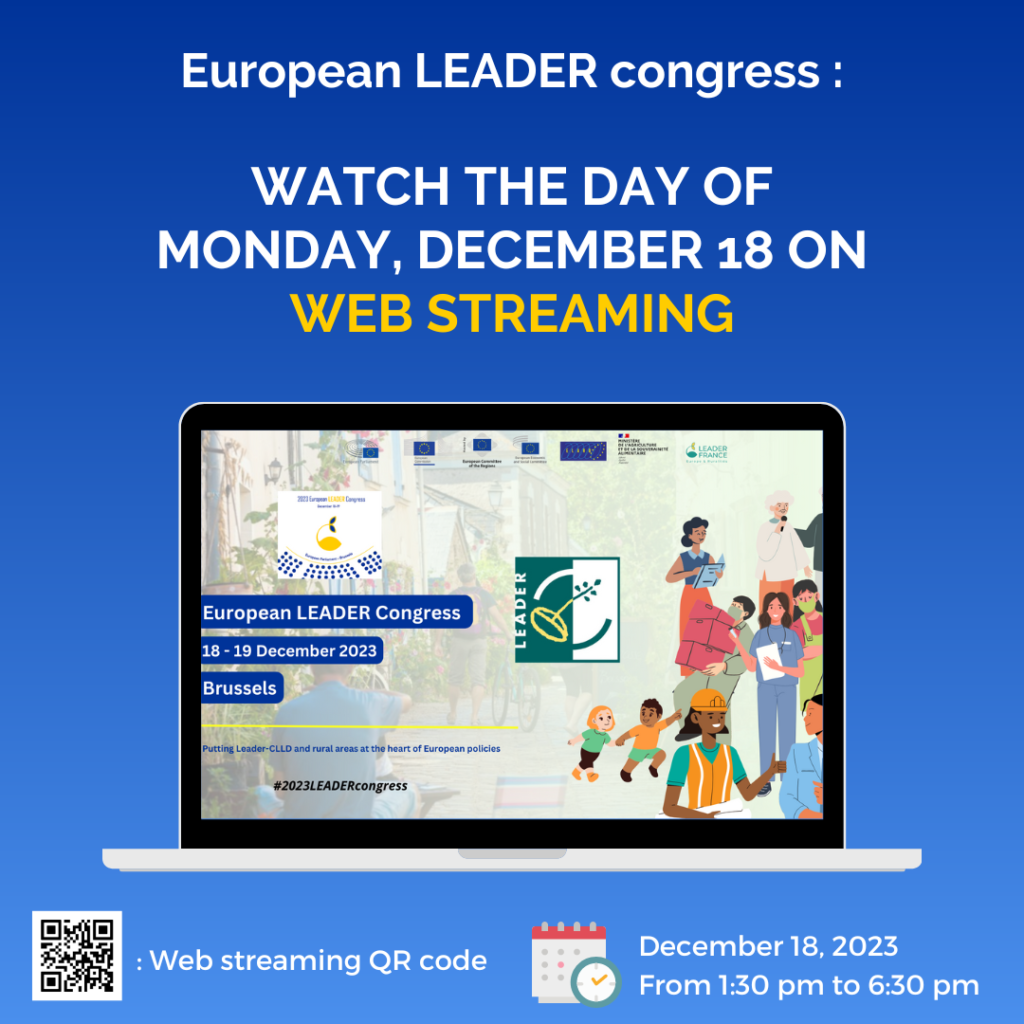Project n°3
INTRODUCTION
ODISSEU For the return of young people to the rural world” is a Leader cooperation project of Catalan local action groups that accompanies young people interested in better understanding the opportunities that exist in rural environments to develop their professional project, whether they originate from these rural areas or others. Through different activities, the improvement of employability and entrepreneurship of this group is promoted, companies in rural areas and young talent are connected, coordination and networking of local public administrations, companies, educational centers and universities involved is improved. The project also brings the opportunities of the territory and strives to accompany the new inhabitants in rural territories especially people of urban origin, through the electronic platform living in rural and the territorial agents that become antennae of reception.
PRESENTATION OF THE PROJECT
The project is structured in three areas: PRACTICUM, TALENT NETWORK and LIVE IN RURAL; which are developed through different activities. The ODISSEU PRACTICUM connects companies in rural territories with young talent; it improves the coordination and networking of local public administrations, companies, educational centers and universities involved. Through university internships during the summer months in rural territories. TALENT NETWORK is the field through which cooperative groups promote the improvement of employability and entrepreneurship of this group through different actions. To boost the return and root young talent in rural regions. Finally, the electronic platform LIVE IN RURAL and the reception antennas facilitate the reception of new population and the roots in the towns. By informing and connecting people interested in developing their life and professional experiences in rural areas, with the values and potential they can offer in rural areas and the opportunities and resources that this areas offer them.
PRINCIPAL OBJECTIVES
The general objective of the project is to encourage the return of young people to rural counties by facilitating their job placement and promoting young people’s roots in their rural territory of origin . And the specific objectives are: To publicize the professional opportunities and services of rural areas for the construction of the life project in these territories. Facilitate the employment and social integration of young people in these counties, connecting them with their business fabric and with resources for economic promotion and local development. Contribute to improving knowledge about today’s rural world and promote an offer with attractive and quality living conditions for the young population. Raise awareness in the business community about the added value that the ‘talent’ of young people has for their companies and strengthen company-university links.
THE ADDED VALUE OF THE PROJECT
The definition of this project and its practical application is based on the methodological approach LEADER that is based on the active participation of local actors that affect the development of their rural territories. One example is the involvement of all local action groups in Catalonia as groups cooperators that guarantee a multiplier effect of actions and results and a greater Achieving objectives.
In addition to the cooperating groups, the project has the collaboration of other public sector entities and civil society entities with whom we share the challenge of the roots of the young population and the newcomer population in the rural counties.
The Odysseus project is the ideal framework for working together, continuously and closely the return of young people to the rural world with the following actors, both at local-territorial level, and at national level. In addition to the Secretariat for Rural Agenda of the Department of Climate Action, Food and Rural Agenda, the Directorate General of Youth of the Department of Social Rights, the Agency Catalan Youth and the Association of Rural Initiatives of Catalonia must be emphasized commitment to participation of the General Directorate of Universities of the Department of Universities Research and Universities, the Agency for Management of University and Research Grants and the 12 universities of the University System of Catalonia that allows to coordinate one of the main actions of the project, the Odysseus Practicum Grants, an economic incentive to welcome university students who are from rural areas or who have the willingness to set up for the development of internships in companies located in Rural territories, considering that these companies are disadvantaged at the same time to welcome young trainees, as they are located further away from training and training centers They are often smaller companies.
9 editions of the Odysseus Practicum have been carried out they have benefited almost 543 companies located in Leader territory, with a rate of employment of 12% of young people with qualified profiles, after the ones internships. This network of actors provides a solid foundation for the project considering that the challenge of recovering and fixing young talent is not easy and it also involves agents who are outside Rural territories. The project has been able to weave collaborations with other actors with whom we share the concern about depopulation, lack of generational relief and consequent loss of socio-economic dynamism in rural areas. We refer to the Network of Athenaeums Cooperative, areas of economic promotion of county councils, entities premises for the reception of new population such as the Association Reviure les Valls and the Association of Micropobles of Catalonia. Every year, the number of companies and students interested in internships increases, as well as the number of grants awarded. This allows more young people to enjoy a tasting of what their professional and personal future in rural areas can be, and shows companies and entrepreneurs that it is possible to start, maintain and promote transformative projects in rural areas.
Audiovisual project material:
- Infographic Odisseu project: Projecte Odisseu (youtube.com)
- Odisseu project experiences:
https://www.youtube.com/watch?v=LaZ7wOR0UYU - In the Instagram profile of the Odisseu program, they will summarize the
experiences of aggun from the participating students.https://www.instagram.com/odisseujove/
CONTACT
Referral person : Consorci GAL Alt Urgell-Cerdanya
Partners:
- Consorci GAL Alt Urgell-Cerdanya
- Associació pel Desenvolupament Rural de la Catalunya Central
- Associació per al Desenvolupament Rural Integrat de la zona Nord-Oriental de Catalunya
- Associació per la Gestió del Programa Leader Ripollès Ges Bisaura
- Consorci Leader de Desenvolupament Rural del Camp
- Consorci per al Desenvolupament del Baix Ebre i Montsià
- Associació Leader de Ponent
- Consorci Grup d’Acció Local Noguera-Segrià Nord
- Consorci Leader Pirineu Occidental
- Consorci per al Desenvolupament de la Catalunya Central
- Consorci Intercomarcal d’Iniciatives Socioeconòmiques
